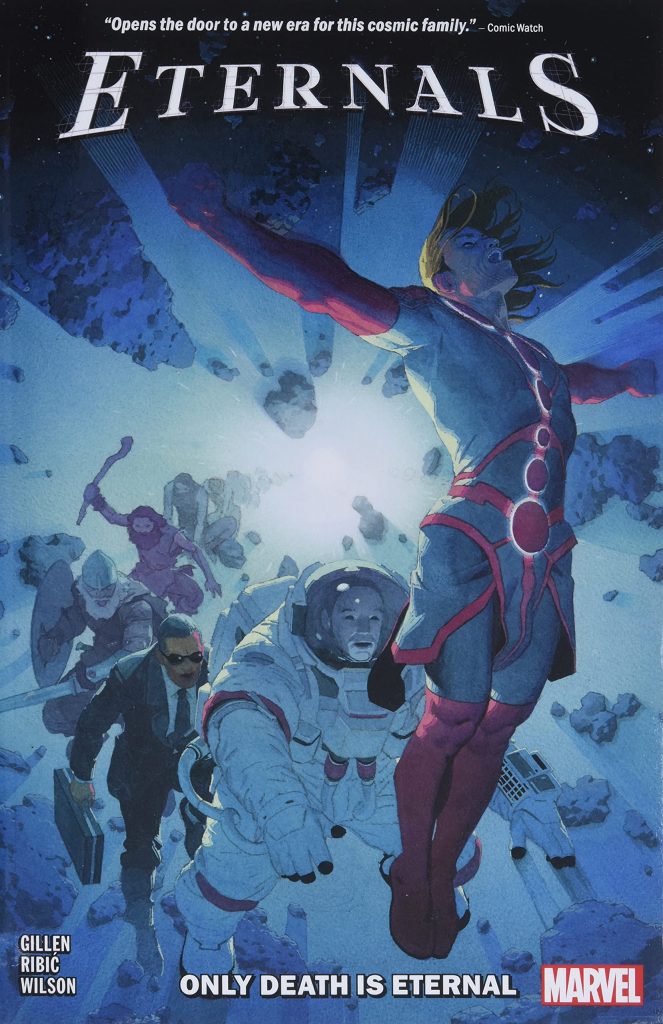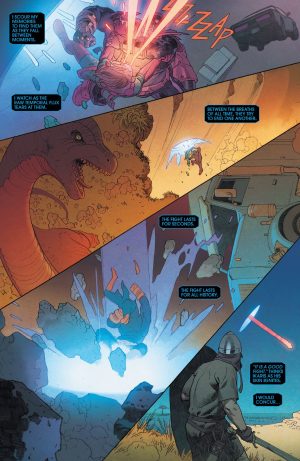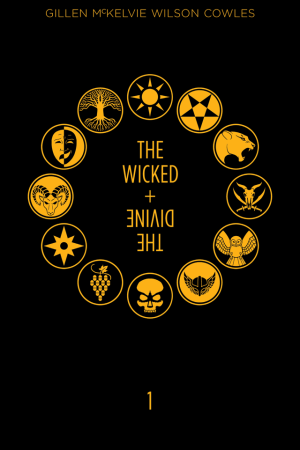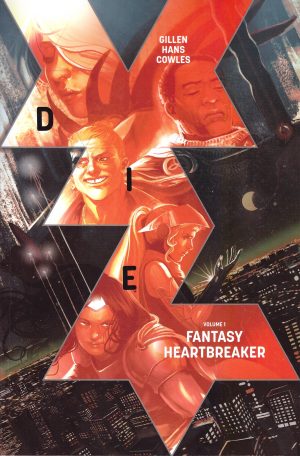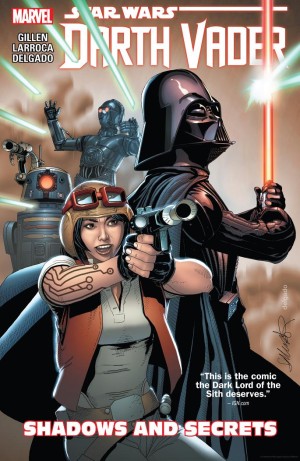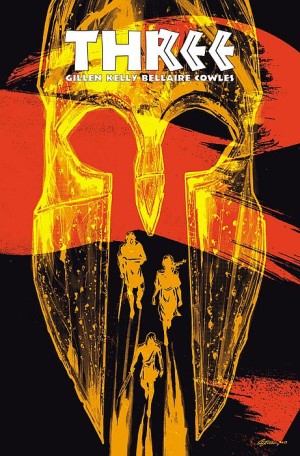Review by Karl Verhoven
Jack Kirby introduced the Eternals as connected to alien giants known as the Celestials who were to return to Earth and pass judgement on humanity. Kirby never completed the story, but others did in Thor and the Eternals: The Celestials Saga, and every creator who’s worked on the series since has run into the same wall. The Eternals are so intimately connected with the Celestials that without them they’re just a run of the mill bunch of superheroes, and with them it’s just re-running the same plot again. This may be to a new generation each time, so sparingly do the Eternals appear, but long memories alight on the shortcomings. Can the talented Kieron Gillen break the cycle?
He’s off to a monumentally good start by being teamed with Esad Ribić, an artist whose stark scenes may be the polar opposite of Kirby’s visceral energy, but whose sensibilities of grandeur aren’t far removed. Gillen also institutes a sense of a new world being brought to life by limiting the Eternals to a hundred, then naming and categorising most of them over a spread. In this he takes his lead from Jonathan Hickman’s X-Men, and further text pages are supplied when appropriate, Gillen making sure to explain technology that’s later used.
A long game is set in motion with Only Death is Eternal. It starts with Ikaris being the last of the Eternals to be revived, this return from death seemingly echoing the 2019 X-Men again, but actually established way back as commonplace for the Eternals. He’s sent to free Sprite, and they prove the focus for the opening two chapters, but cleverly there’s a third prominent character also in play, and Gillen exploits an instinctive trust in them. He also quickly separates the Eternals from their narrative dependence on the Celestials, who are mentioned, then forgotten. “I am Ikaris of the Eternals. We are the Earth’s guardian angels”, adequately sums matters up.
Ikaris and Sprite become absorbed into a greater cast gradually introduced with a crisis already on hand. There has been corruption, there has been murder and there has been chaos, and it doesn’t take long for the Eternals to revive ages-old grudges and suspicions. The only conclusion the reader can reach is that neither Ikaris nor Sprite are responsible as we’ve been following their activities when the dirty deeds occurred.
Ribić plays his part in nailing the essential otherness of the Eternals, rendering their chosen homes as stark and alien, devoid of objects, but he’s no one-trick pony. Encounters in the past are required, as is the mundane in New York, and they’re all stunningly drawn highlighting often conflicting ideologies, and Ribić defines character when providing portraits. There are six chapters here, and each one looks beautiful.
Part detective story and part superhero epic Only Death is Eternal is ingenious, very clever, stands alone, and bets are hedged via the inclusion of someone else Marvel moviegoers will recognise. It has a killer revelation at the end and the art is to drool over.
